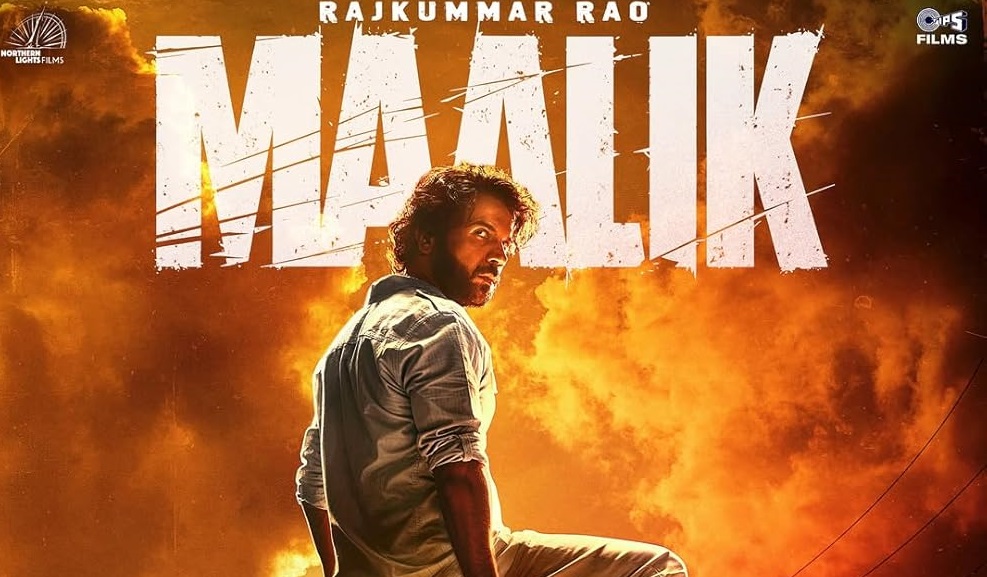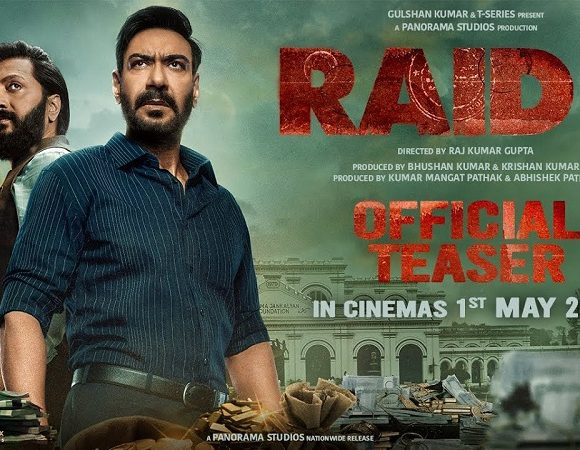
Maalik (2025): Another Tired Ode to the Gangster That Even Rajkummar Rao Can’t Save
Bollywood’s love affair with the gangster genre has officially reached saturation point—and Maalik is the latest, and possibly most fatigued, offering in this long line of glorified underworld sagas. There seems to be no dearth of filmmakers eager to romanticize crime lords, drug syndicates, and political thugs, repackaging the same morally bankrupt narrative under different district names and decades. The result, unsurprisingly, is creative stagnation. Pulkit’s Maalik is not just derivative—it is exhaustingly predictable, hollow, and at times, insultingly self-serious.
The film attempts to chronicle the rise of a small-town man from rural Allahabad into the upper echelons of organized crime. From political patronage to turf wars and power plays, everything unfolds exactly as it has in the last dozen such films. If you’ve seen Gangs of Wasseypur, Raees, Shootout at Lokhandwala, or even the 2000s TV shows about Mumbai’s underworld, you’ve already seen Maalik. The film shamelessly borrows from this legacy while adding nothing new—except perhaps a visually polished façade that masks the void within.
Rajkummar Rao, as expected, delivers an earnest, brooding performance. He transforms physically and emotionally into the titular character with a conviction that demands attention. His portrayal is arguably the only reason this film isn’t a complete waste of reel. Unfortunately, even Rao’s brilliance cannot salvage a script that is creatively bankrupt and riddled with clichés. The writing gives him too little to work with and stretches his presence thin across a bloated runtime.
The supporting cast—Prosenjit Chatterjee, Huma Qureshi, Manushi Chhillar, and Saurabh Shukla—perform adequately, but none are given enough material to leave a lasting impression. Swanand Kirkire tries to inject soul into a morally conflicted character, but the narrative rushes past any emotional depth in its obsession with violence, power, and gory spectacle.
The film’s greatest sin, however, is its tone. It walks a dangerously fine line between critique and glorification of gangsters but eventually tips into full-blown deification. Gunshots are stylized, dialogues are written for cheers, and violence is aestheticized to the point where the film forgets its own moral compass. There is no meaningful exploration of consequences—only a forced, half-baked redemption arc tacked onto the final act.
It’s also important to question why Bollywood continues to produce films that not only glorify violence but also seemingly pander to the same ecosystem from which these characters are allegedly inspired. Rumors about underworld-linked financiers funding such projects aren’t new. When creative direction is influenced by those it seeks to portray, authenticity becomes the first casualty. Films like Maalik serve more as propaganda pieces or nostalgic retellings for crime syndicates than genuine cinema for the masses.
Visually, the film is slick but soulless. The background score is loud and intrusive, and the cinematography tries too hard to be gritty and operatic, losing sight of narrative logic. Scenes jump from dramatic monologues to bullet-spraying carnage with the subtlety of a sledgehammer.
Ultimately, Maalik feels less like a film and more like a 2.5-hour Instagram reel of gangster tropes stitched together by misplaced ambition. It fails to entertain, it fails to innovate, and most importantly, it fails to say anything worth remembering.
Rating: 1 out of 5 stars
The single star belongs to Rajkummar Rao, whose dedication to his craft deserves far better material than this tired, tone-deaf mess masquerading as cinema.


















